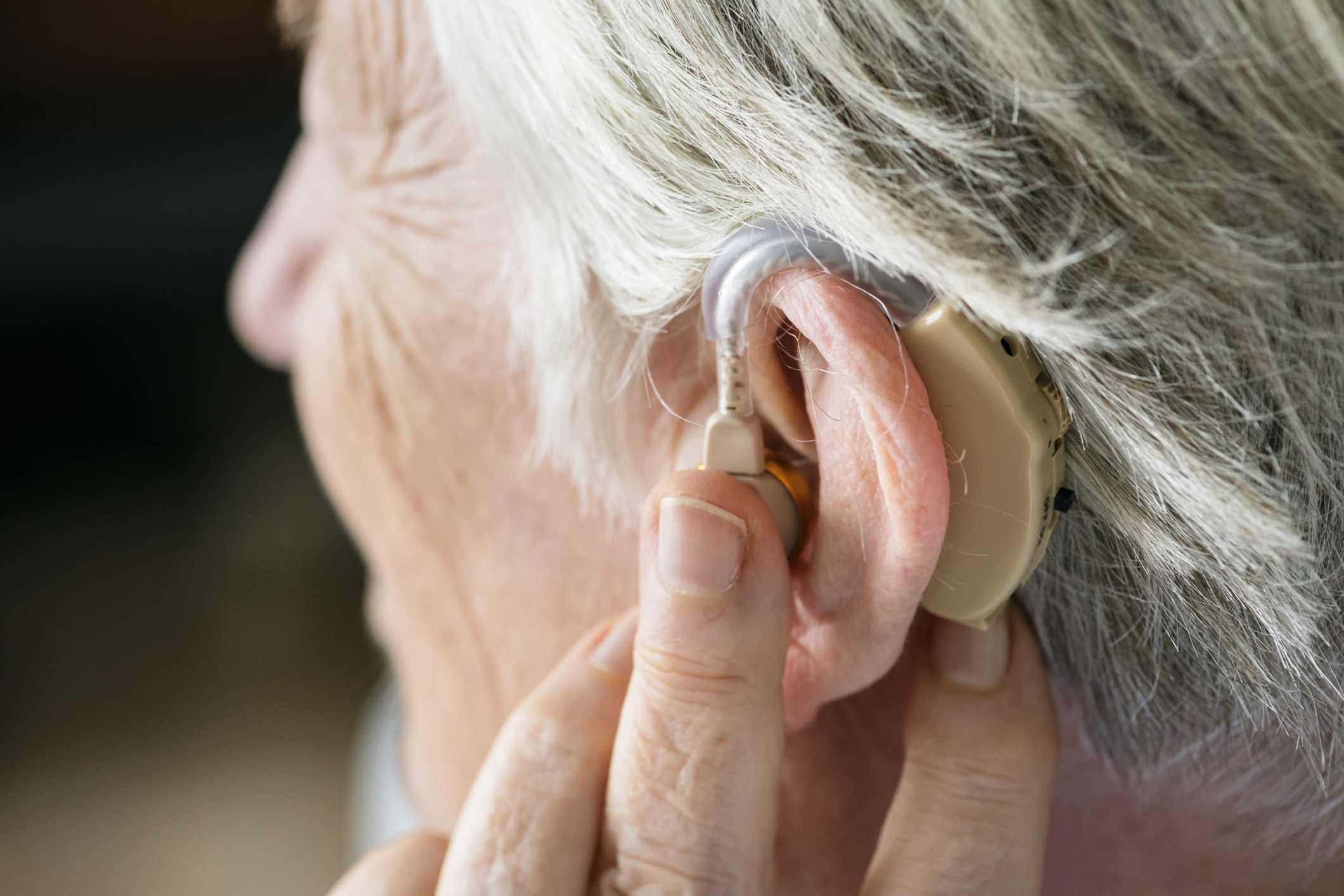
I’m not sure who dreads the “period talk” more – kids or parents. When it’s time to sit down and talk about puberty and menstruation, many parents feel nervous and clumsy at first. It’s not uncommon for everyone involved to feel a little awkward, so know you’re not alone.
You can avoid unnecessary stress with a bit of preparation, research and the following 5 tips:
- Start early
Puberty takes place over the course of a few years, so it’s a good idea to start introducing these topics to your kids well before they enter their puberty years. Boys and girls should learn about menstruation, so be prepared to talk to both your daughters and sons about what this means in a girl’s life.
If you start talking to your daughter about her puberty around age 8 or 9, you’ll be able to build on her understanding over the years and she’ll be prepared for what’s going to happen. This will keep her from feeling scared or embarrassed when she gets her first cycle.
As she learns more, she’ll have a lot of questions. While no parent can anticipate every single answer they’ll need when talking to their child, be prepared to talk about the basics – her changing body, reproductive system and even the best organic tampons or sanitary pads for beginners. Doing some preliminary research can refresh your own memory and prepare for you most of the questions headed your way.
- Explain what’s happening
One of the first questions your daughter may ask is why women have periods at all. This big-picture question can be daunting, but can also be used to your advantage. Sometimes, explaining the grand plan of menstruation can help relieve some of the initial frustrating young girls have about having to adjust to their new monthly routine.
Just about every woman can identify with that frustration and inconvenience from time to time. As a beginner, your daughter will be learning how to use feminine care products, how to participate in normal activities, and how to deal with the radical changes in her teen brain development. If you can explain the purpose behind her period, she may be able to cope a bit easier.
- Share your experience
There is no greater resource than someone else’s experience. As a mom, you can probably relate to your daughter the most about getting your first period. She might have friends that haven’t gotten theirs yet, leaving her feeling vulnerable and different. She’ll be able to lean on your reassurance as she realizes every young woman will eventually go through this, including you.
If you’re a dad, you can still offer your input as well! Just because you don’t have firsthand experience doesn’t mean you should stay in the background. Engaging in this conversation can help break the stigma surrounding men and menstruation. Your involvement will assure your daughter that her circumstances are completely natural and not off-putting. If you’re struggling to find a way to help, offer to do some research with your daughter so she knows she’s not the only one with questions.
- Be resourceful
Today, we have access to smartphones, laptops and unlimited data. Take advantage of the tools and resources available at your fingertips! You can find videos, blogs, medical research and even doctors online to fill in the gaps. Social media and the internet can often serve as inspiration for teens to learn and engage with potentially awkward conversations.
These resources can help both you and your daughter stay up-to-date on the latest research and feminine care products. Not only can you learn about what to expect and how to talk about it; you can also determine if your daughter is showing signs of complications, such as PMS.
- Be patient
Finally, as you walk through this transition together, be patient with your kids, your partner and yourself. Your daughter is learning how to approach a major change in her life, which is difficult for people at any age, and she likely won’t know how to prepare for the emotional, physical and hormonal changes that come along with puberty. It can be overwhelming, so be patient as she learns.
Also, don’t forget to work together with your partner or support system to get through this piece of parenthood. It takes teamwork, and there is no “right way” to do it for everyone. It’s normal for everyone to be a bit clumsy during the first few conversations. Just remember that at the end of the day, you all have the same goal: to empower your daughter to walk gracefully and strongly into the next phase in her life.









overnight cialis order
buy viagra mexico
generic cialis order online
order cialis without prescription
cialis order online
cialis no prescription
buy cialis online europe
how to buy cialis online from canada
ordering cialis online australia
monthly cost of cialis without insurance
buy cialis online at lowest price
where can i buy cialis without a prescription
can i buy cialis in uk
buy cialis online overnight
canadian pharmacy cialis 20mg
can i buy cialis in uk
buy cialis online overnight
can i buy cialis in uk
can i buy cialis online
buy cialis without perscription
tadalafil portugal
payday loan consolidation sacramento
can you buy stromectol over the counter
ivermectin india
stromectol tablets
ivermectin treatment for covid
ignition casino sign in
stromectol price
ivermectin treatment for covid
prednisone 10mg oral
generic cialis
where to buy tadalafil over the counter
buy ivermectin cream
cialis walmart
stromectol
buy viagra in india
cialis dapoxetine
viagra sans ordonnance au quebec
furosemide online canada
ivermectin kaufen deutschland
cialis super active
where to buy cialis online in australia
canada pharmacy
sildenafil tablets for men
tadalafil lilly
tadalafil generique
ivermectin 0.1 uk
sildenafil tablets australia
generic sildenafil pills online
cheap cialis india
le cialis
generic cialis medication
how to buy prednisone
how much does prednisone 20mg cost
merck's covid pill
order cialis from india online
buy cialis canada
warnings for tadalafil
tadalafil kaufen
stromectol covid 19
tadalafil goodrx
order viagra
side effects prednisone
buy viagra online
online casinos that pay real money
viagra free delivery
roman sildenafil
tadalafil generico
cialis goodrx
borgata ac
ivermectin tablets for humans
stromectol pills
biggest no deposit welcome bonus
ivermectin gold
tadalafil tablet
what is cialis
how well does generic accutane work
how to get generic viagra online
cialis tadalafil
ivermectin human dosage
casino play for real money
ivermectin
ivermectin nobel prize
ivermectin price uk
ivermectin gold
ivermectin generic
buy ivermectin pills
stromectol ivermectin tablets
get stromectol
ivermectin pills
buy generic stromectol
how much does ivermectin cost
online lasix without prescription
lasix 40 price
ivermectin for people
india and ivermectin
ivermectin 24 mg
ivermectina 6mg for sale
ivermectin solubility
lucky land slots
stromectol australia
buy ivermectin nz
ivermectin cream 5
cheap stromectol
ivermectin ivermectinst
ivermectin price
ivermectin tablets walmart
ivermectin 0.5%
ivermectin 0.5 lotion india
stromectol lotion
cialis mg
stromectol tablets
price of ivermectin tablets
ivermectin over the counter uk
ivermectin history
cost of ivermectin 1% cream
buy stromectol pills
ivermectin for dogs
buy propecia online malaysia
uk propecia online
child porn
child porn
porn
porn
porn
child porn
porn
child porn
porn
porn
porn
child porn
child porn
child porn
child porn
child porn
porn
child porn
grandpashabet
grandpashabet
child porn
casino porn
Bu web sitesi sitemap tarafトアndan oluナ殳urulmuナ殳ur.
porn
child porn
child porn
child porn
porn
animal porn
child porn
animal porn
animal porn
anan脹z脹n am脹 s脹k脹lmad脹n脹z m脹
animal porn